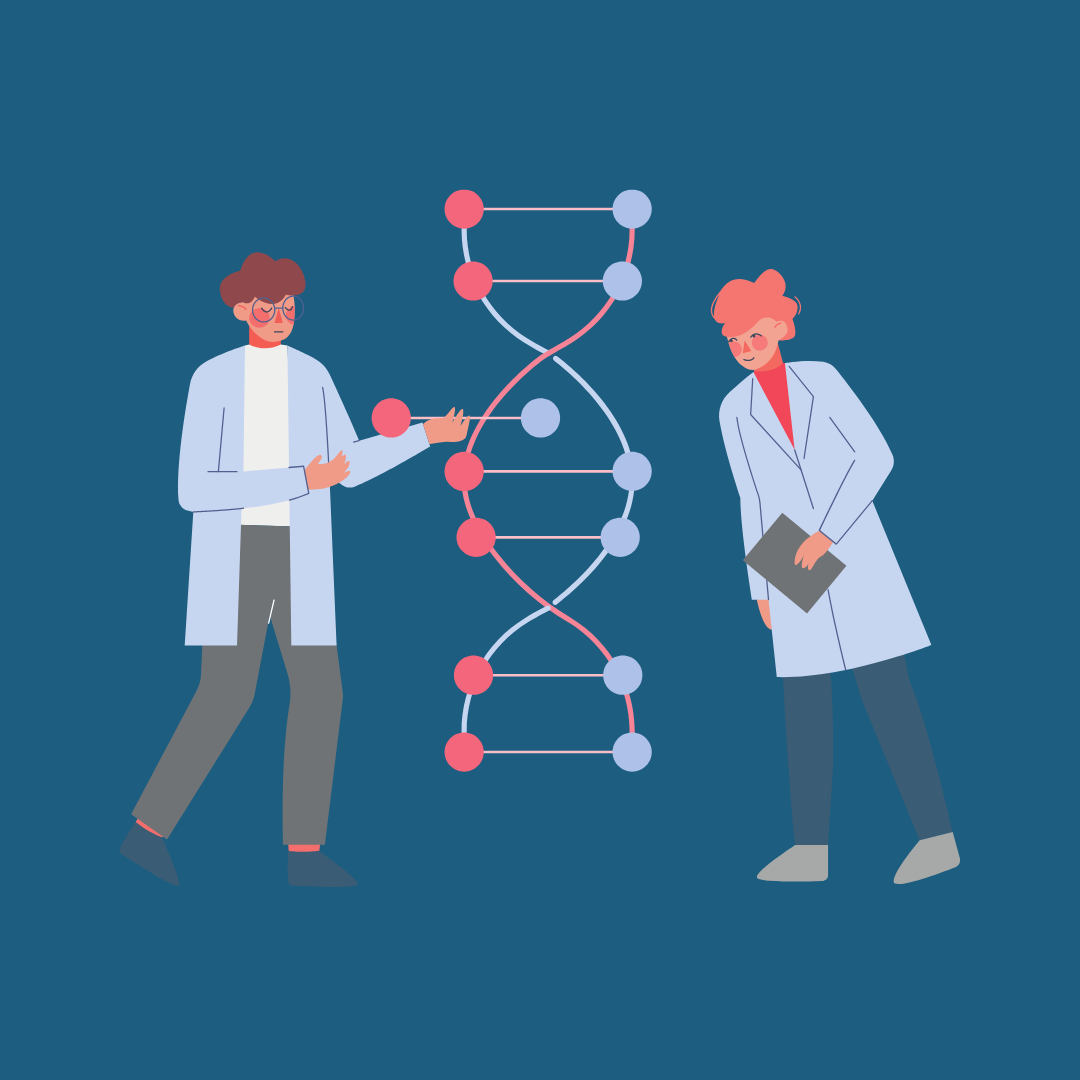Aggregated News

The next generation of advanced genetic therapies raises profound medical and ethical issues that must be thrashed out to ensure the game-changing technology benefits patients and society, a group of world-leading experts has warned.
Medicines based on powerful gene editing tools will begin to transform the treatment of blood disorders, conditions affecting the heart, eyes and muscles, and potentially even neurodegenerative diseases before the end of the decade, but the cost will put them out of the reach of many patients.
Trials of gene editing in embryos will probably follow, researchers say, and while the procedure has limited clinical applications, some fear fertility clinics could embrace the technology and offer gene editing services that fuel “a new kind of techno-eugenics”.
Speaking ahead of the Third International Summit on Human Genome Editing, which starts at the Francis Crick Institute in London on Monday, Professor Jennifer Doudna, who shared the 2020 Nobel chemistry prize for gene editing, said: “We’ll definitely be seeing genomic therapies for heart disease, neurodegenerative diseases, eye conditions and more, and possibly some preventative therapies as well.”
But she...



